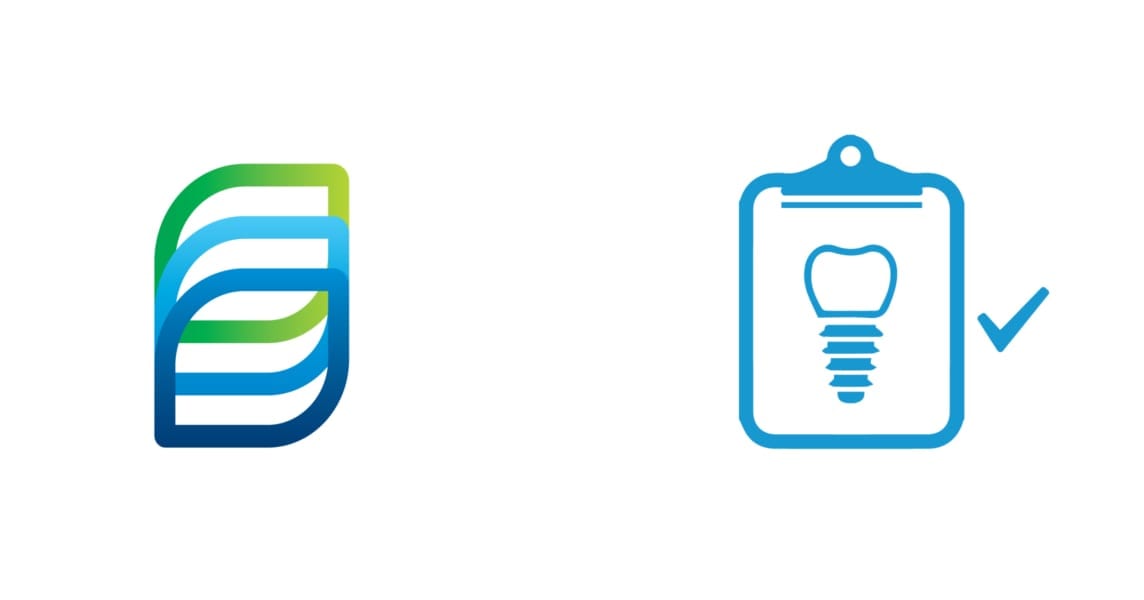Activity
Rest as much as possible. Avoid heavy lifting and strenuous activity for 48 hours. Patients receiving IV sedation or general anesthesia should not drive, operate machinery, care for small children, or undertake any responsible business matters for at least 24 hours.
Bleeding
Maintain gauze pressure packs in your mouth for 1 hour after surgery. If bleeding persists, place moist, thumb-sized gauze packs and apply firm biting pressure for 2 hours. Repeat as necessary. Biting on a moist tea bag for 30 minutes can also be helpful. Pressure stops bleeding, so avoid excessive changing of the gauze, as this will interfere with the clotting process. Keep your head elevated with several pillows for 24 hours. Place an old towel over the pillows to catch any oozing that may seep out of your mouth as you sleep. Mild oozing and pink saliva are normal for 24 hours after surgery.
Oral Hygiene
Do not rinse your mouth until the morning after surgery. Starting the day after surgery, brush your teeth normally while being very gentle around the surgical sites. You may also start rinsing your mouth with a mouthwash prescribed by your doctor or salt water (1/2 teaspoon per 8 oz. of warm water) on the day after surgery. You may use the saltwater rinses 5–6 times per day for maximum benefit. Peroxide and commercial mouthwashes are too harsh for healing tissue and should be avoided for 3 weeks. If you are given a plastic syringe, you may use it to gently irrigate the extraction sites after each meal, starting on the fifth post-operative day. Do not smoke for at least 72 hours after surgery. Good oral hygiene is a must for good healing. Food and bacteria left in the mouth can lead to wound breakdown and infection.
Other Medications
You may take all of your normal medications as prescribed. If you are given antibiotics, take them as prescribed until gone. Many medications, including antibiotics, can decrease the effectiveness of oral contraceptives and other additional means of birth control may be required.
Swelling
Swelling is normal after surgery, and it will increase for the first 3 days and then slowly resolve. Ice can be applied in 20-minute intervals for the first 24 hours, and then heat packs may provide relief. Do not apply either of these therapies continuously to avoid damage to your skin. If swelling worsens beyond 3 days, contact the office.
Pain
Take your pain medications as prescribed. It is best to take some pain medication about 1–2 hours after surgery before the numbing medicine wears off. Do not take pain medications on an empty stomach. If you are able to take ibuprofen, we recommend taking it on a schedule for the first 3–4 days to stay ahead of the discomfort and to keep the swelling to a minimum. Prescription medications can have side effects such as nausea, vomiting, diarrhea, constipation, or dizziness. Should any of these occur, stop the drug immediately and notify the office if symptoms persist. Please do not drive, operate machinery, or undertake responsible business matters while on prescription narcotic medications as they can affect your judgment.
Diet
Cold liquids and soft foods are best for 48 hours. Avoid hot liquids and foods for 48 hours to avoid burning and bleeding. After 48 hours, you may advance your diet as tolerated, letting pain be your guide; if it hurts, don’t eat it. Avoid hard crunchy foods like chips and popcorn for 2 weeks, as they may injure the surgery site. Drink plenty of fluids; staying hydrated will make you feel and heal better.
Possible Side Effects
Presence or absence of side effects vary from patient to patient and certainly vary with the difficulty of the surgical procedures. The following conditions may occur, all of which are considered normal:
- The face and jaw will probably swell. Swelling is most marked within the first 72 hours. Swelling may take several weeks to disappear.
- Stiffness (trismus) of the jaws is nature’s way of splinting and resting the part that needs to be repaired. This will reach its peak around 72 hours and should resolve with time. You should actively try to stretch your mouth open after surgery to minimize this stiffness.
- Numbness of the lower lip, chin, and tongue may occur after surgery. This is called paranesthesia, and though it may be permanent, it is generally a temporary condition that will correct itself in a few weeks to a few months.
- Alveolar osteitis (dry socket) may cause persistent post-operative pain. It usually presents as worsening pain in the lower jaw on the third to fifth day that is not relieved with pain medication. This is easily treated with medicated gauze packing. Notify the office if you think you have a dry socket.
